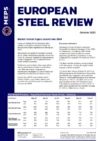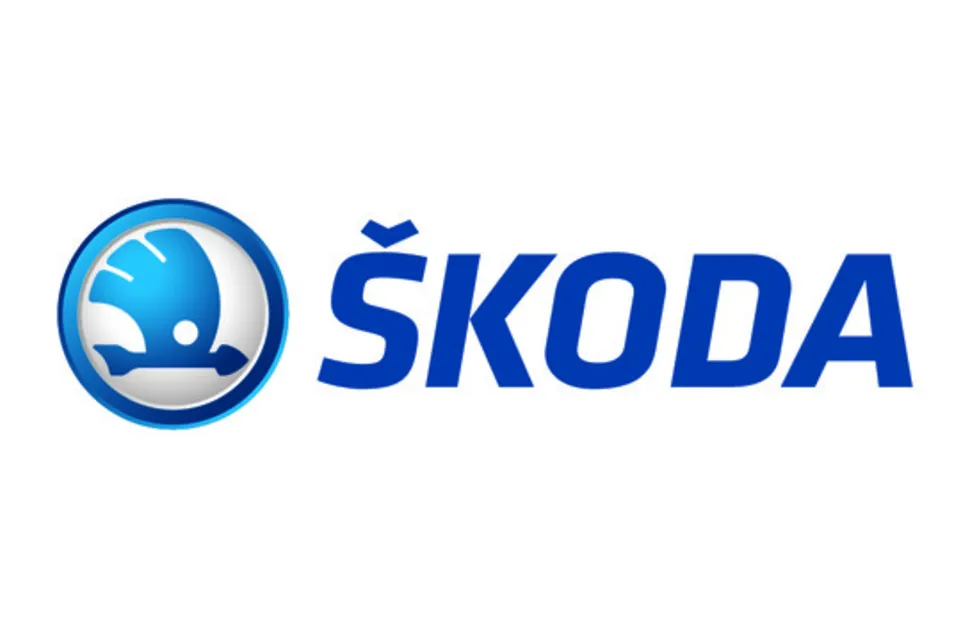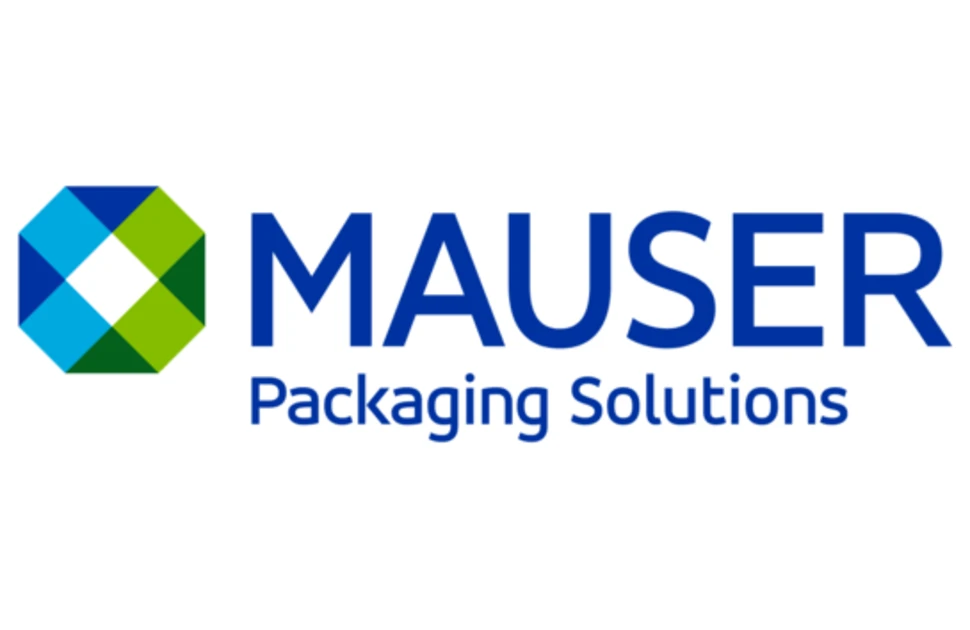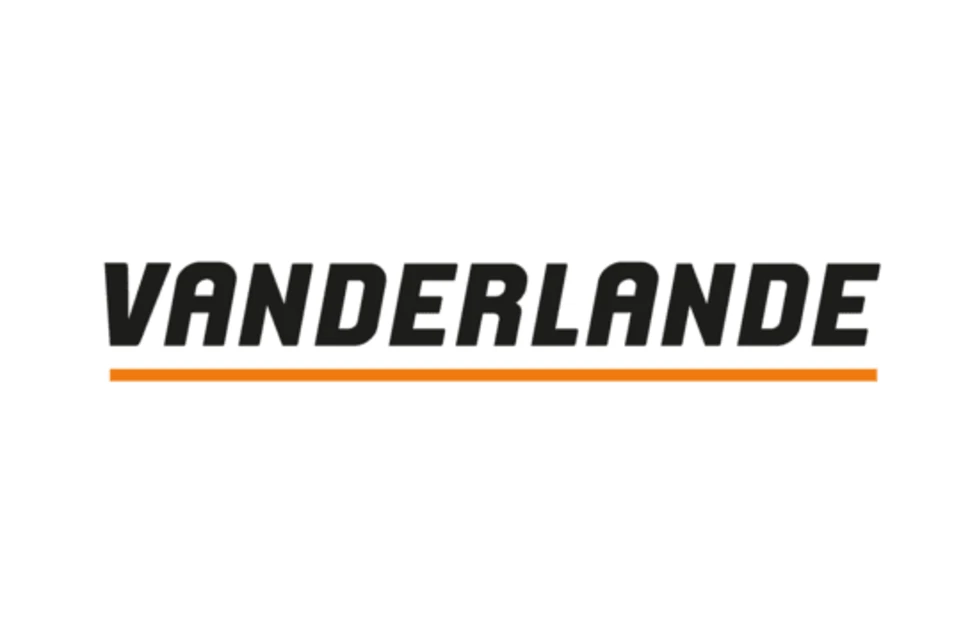EU long product prices surge as financial problems grow
Prices for European long products gradually started to rise, in late April. The increases accelerated during the first half of May. This trend is set to continue until the summer. Producers offer limited volumes with short validity, before withdrawing from the market. Availability is tightening. Imports are restricted by safeguards, transport costs and financing. Unreliable delivery of confirmed orders and exhausted credit limits add to buyers’ frustrations.
Turkish scrap buyers recently returned to the market, exerting upward pressure on raw material costs. European mills reacted to the volatile scrap values by making limited quantities of steel available for a very short period. Once these orders are placed, the producers withdraw to take stock of bookings and assess new input costs. As a consequence, market prices are changing almost daily.
Uncertainty concerning supply from the Liberty Group encouraged buyers to book additional quantities elsewhere. This resulted in an influx of orders, notably at major Italian merchant bar producers. Order books were shut to preserve existing schedules. Market supply tightened further, as a result.
Prices for merchant bars and structural sections recorded the earliest rises, in the long product range. Reinforcing bar, usually the quickest to react to scrap movements, made only modest gains, initially. Following the formulation of the MEPS May prices, we received reports of substantial increases for rebar.
Market participants question the sustainability of current steel values for both long and flat products. Increased costs will affect the viability of many private projects. Nonetheless, existing demand is good, supported by vaccination programmes and government stimulus packages. Supply is tight. Unlike imports, EU mill exports are unrestricted and their prices attractive in other regions.
Credit is now the main topic for buyers, even ahead of availability. Steel prices have more than doubled in recent months. Distributors and service centres are considering inventory reduction in preference to tying up cash. Lack of finance could stifle further growth.
Banks and trade insurers have not adjusted credit limits at the same rate as steel price hikes. They are conservative in their approach and reluctant to increase cover for market speculation. Import traders have exhausted their credit lines and are asking their customers to assume the financial risk. Many are unwilling to accept the proposal.
Overall steel demand is forecast to remain strong. Producers are considering extended summer shutdowns, to control market supply. These factors and limited imports will keep prices firm. Relaxation of safeguards, shortage of credit and deferral of private projects have the potential to put a brake on steel demand on local suppliers. This would slow mill deliveries and deplete rolling programmes. Prices could weaken, as a consequence.

Source:
European Steel Review
The MEPS European Steel Review is an informative, concise and easy-to-use monthly publication, offering unique professional insight into European carbon steel prices.
Go to productRequest a free publication






